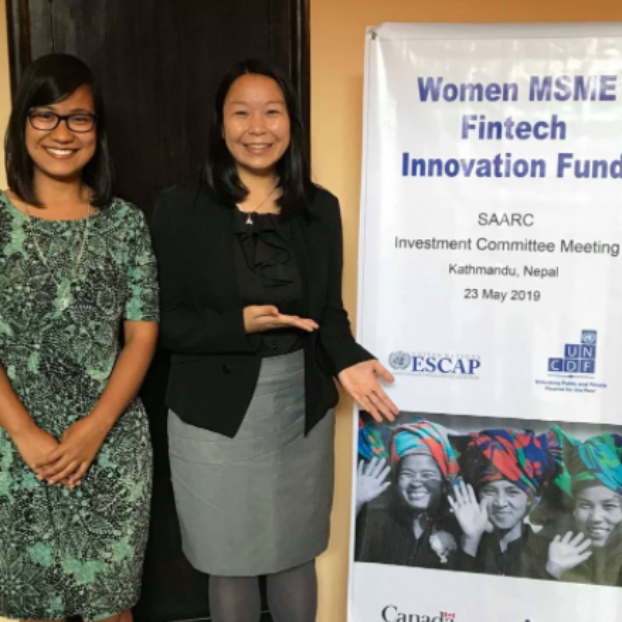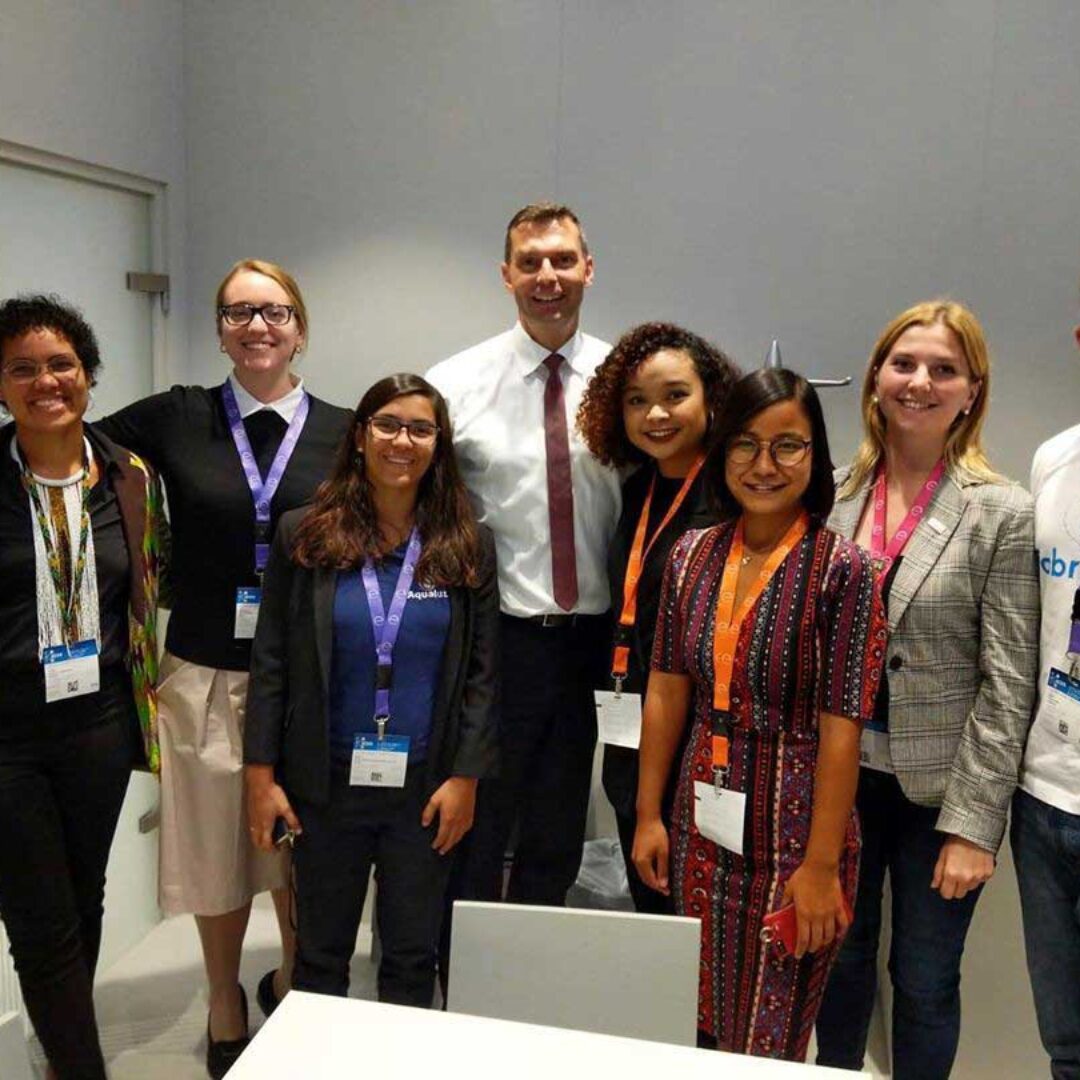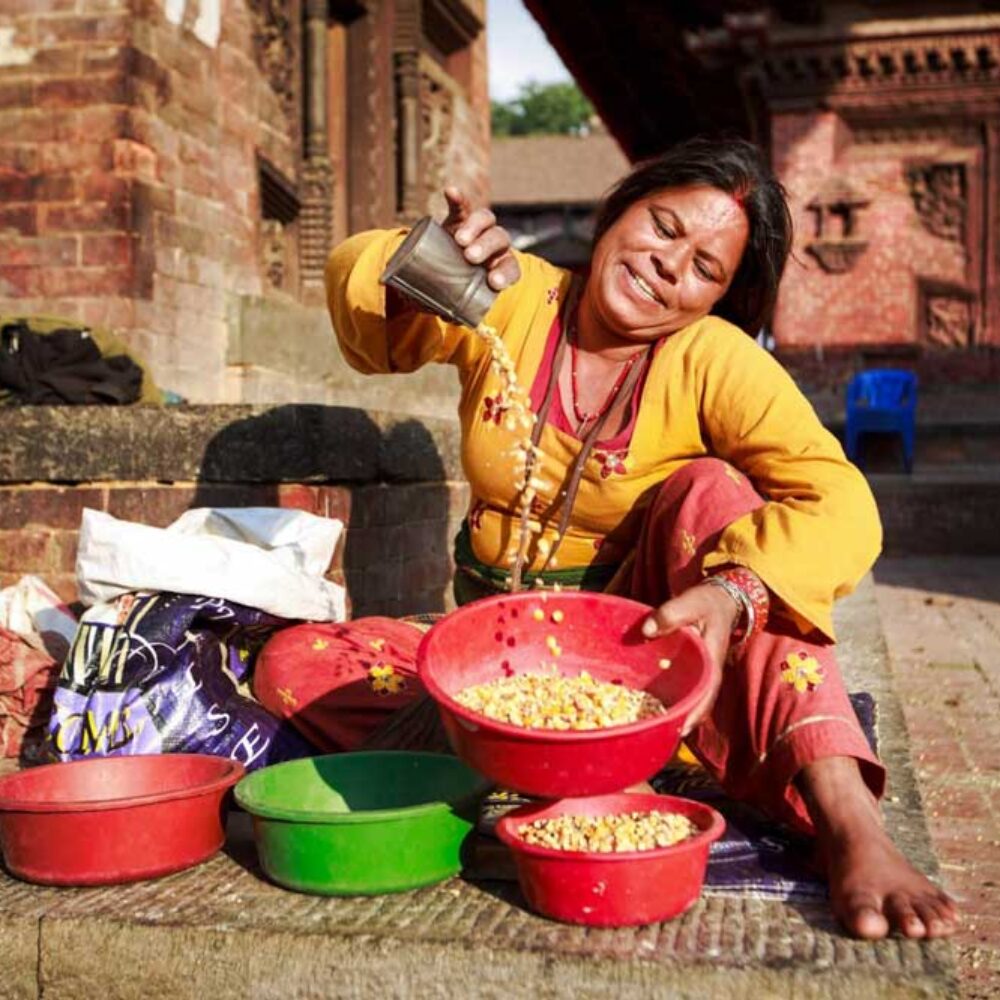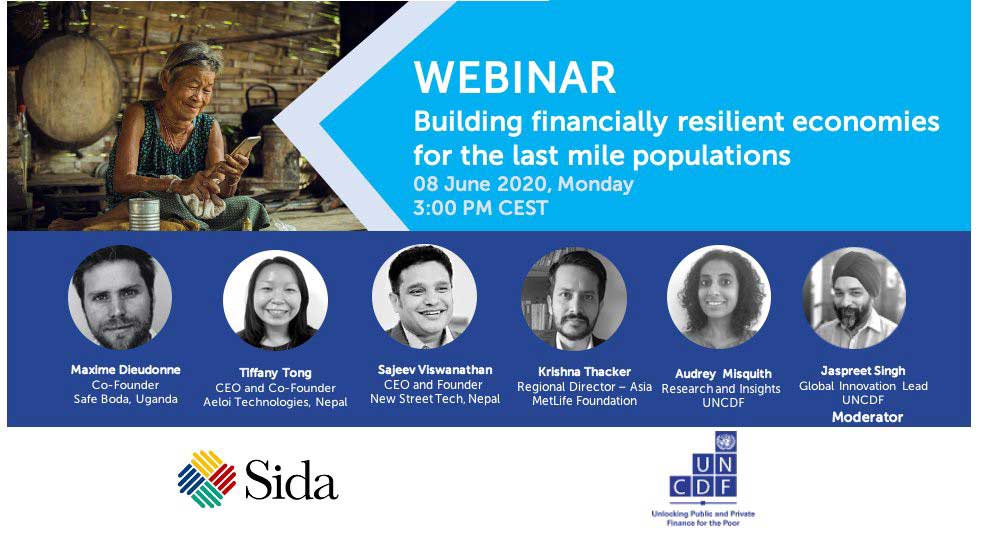Safa-Tempo Drivers in Crisis
COVID-19/Lockdown Impact
The lockdown imposed in Nepal due to COVID-19 is affecting everyone’s livelihoods. The daily-wage workers like the safa-tempo drivers are the ones most affected by this lockdown. We interviewed some of the daily wage workers we work with through our product BijuliPower. It has been over 80 days now since the lockdown was imposed with a strict rule of social distancing and complete stop on public transportation. This impacted our safa tempo drivers adversely with no means of income. They don’t have any income sources to pay their loans, rather they are struggling to survive in Kathmandu with basic food supply and rent issues, as many are from areas outside of the Kathmandu Valley.
Some women drivers were able to go back to their villages which saved them a lot of money. Unfortunately, some couldn’t go back due to the sudden nature of the lockdown. One safa tempo driver that went back home felt like she didn’t fit in with the village lifestyle as she is used to living in the city. When they decided to come back to the city, her landlord wouldn’t allow her due to worries about covid transmission. This is sad for the safa tempo driver but it’s also a measure of precaution that the landlord had to take.
As we talked more, they shared with us their concern for their child’s education as everything is now online but without a daily wage, she couldn’t afford the internet fees. With so many urgent priorities, they don’t want to have to worry about education, but this is still causing a lot of stress. Regarding their business in the safa tempo industry, most women were hesitant and anxious because so far the public transportation business seems risky even once the lockdown lifts.
One woman driver shared she had to take responsibilities for 3 families with zero savings and solely with the income from safa tempo. Her husband has three wives including her and he is currently jobless. Right now, their sole income source is gone. This is the reason why this safa tempo driver says she would hesitate to take a future loan for upgrading the battery of her tempo. An increase in the Electric Vehicle taxes by the Nepal government has the safa tempo drivers worried about their future in this industry also.
To help these women in crisis Aloi launched a crowd funding campaign for 55 families of safa tempo drivers who were struggling for basic food supplies. We successfully surpassed the targeted number of families and have helped 196 families with 301 food packages distributed so far. We hope to help these families in this crucial situation brought by COVID-19.












